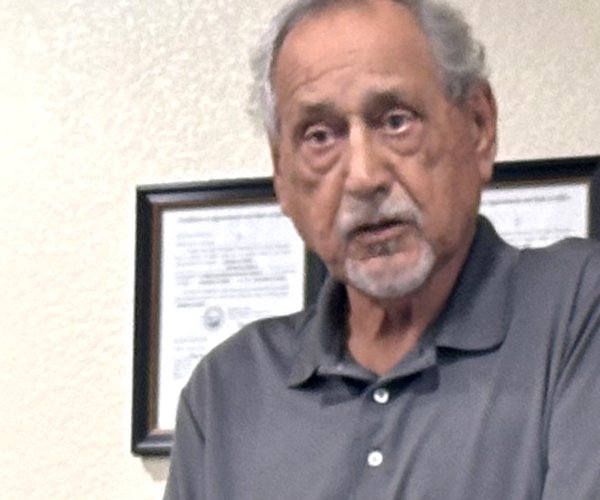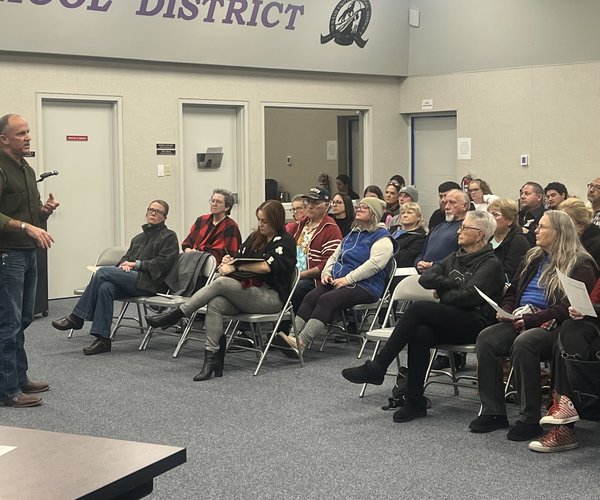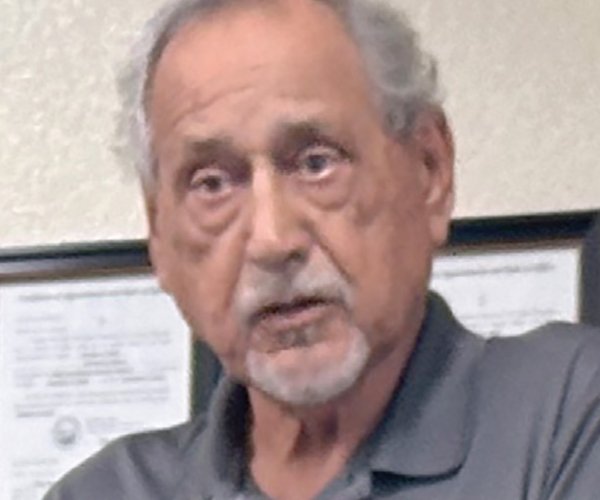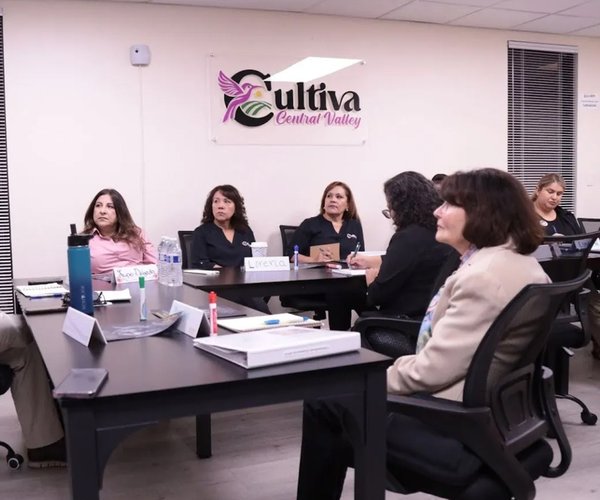As the City of Turlock prepares to implement its recently-adopted cannabis pilot program, potential business owners from across the state convened at City Hall on Tuesday to learn how they can put themselves in the running to operate in the sought-after town.
Cannabis hopefuls eyeing Turlock
Meeting sees overwhelming interest





